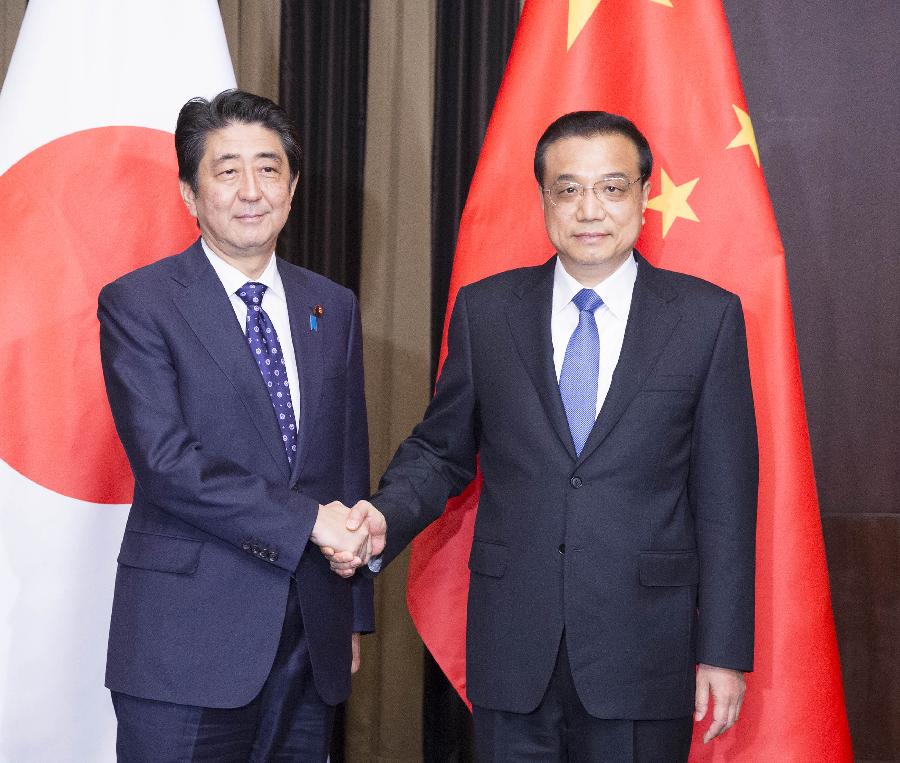- Reaction score
- 0
- Points
- 360
An update on the S400 SAM batteries ordered by China earlier this year:
Diplomat
Diplomat
China to Receive Russia’s S-400 Missile Defense Systems in 12-18 Months
With the exception of an approximate delivery date, details of the Sino-Russian weapons deal remain murky.
L1001025
By Franz-Stefan Gady
November 17, 2015
China will receive its first batch of S-400 Triumph long-range anti-aircraft missile systems within the next 12 to 18 months, TASS reports.
“Supplies are planned no earlier than in a year, or more likely, in a year-and-a-half,” a Russian defense industry source told TASS last Thursday.
The signing of the contract for four to six S-400 Triumph (NATO reporting name: SA-21 Growler) missile defense systems was officially announced this April, although the deal was likely already concluded in the first quarter of 2014. The contract value is estimated at about $3 billion.
Additional details on the Sino-Russia arms deal, however, are difficult to come by. Back in April, Director General of arms exporter Rosoboronexport Anatoly Isaykin merely told reporters that he “would not disclose the contract details, but yes, China has indeed become the first buyer of the Russian newest air defense system, which only emphasizes the strategic level of our relations.”
(...SNIPPED)








